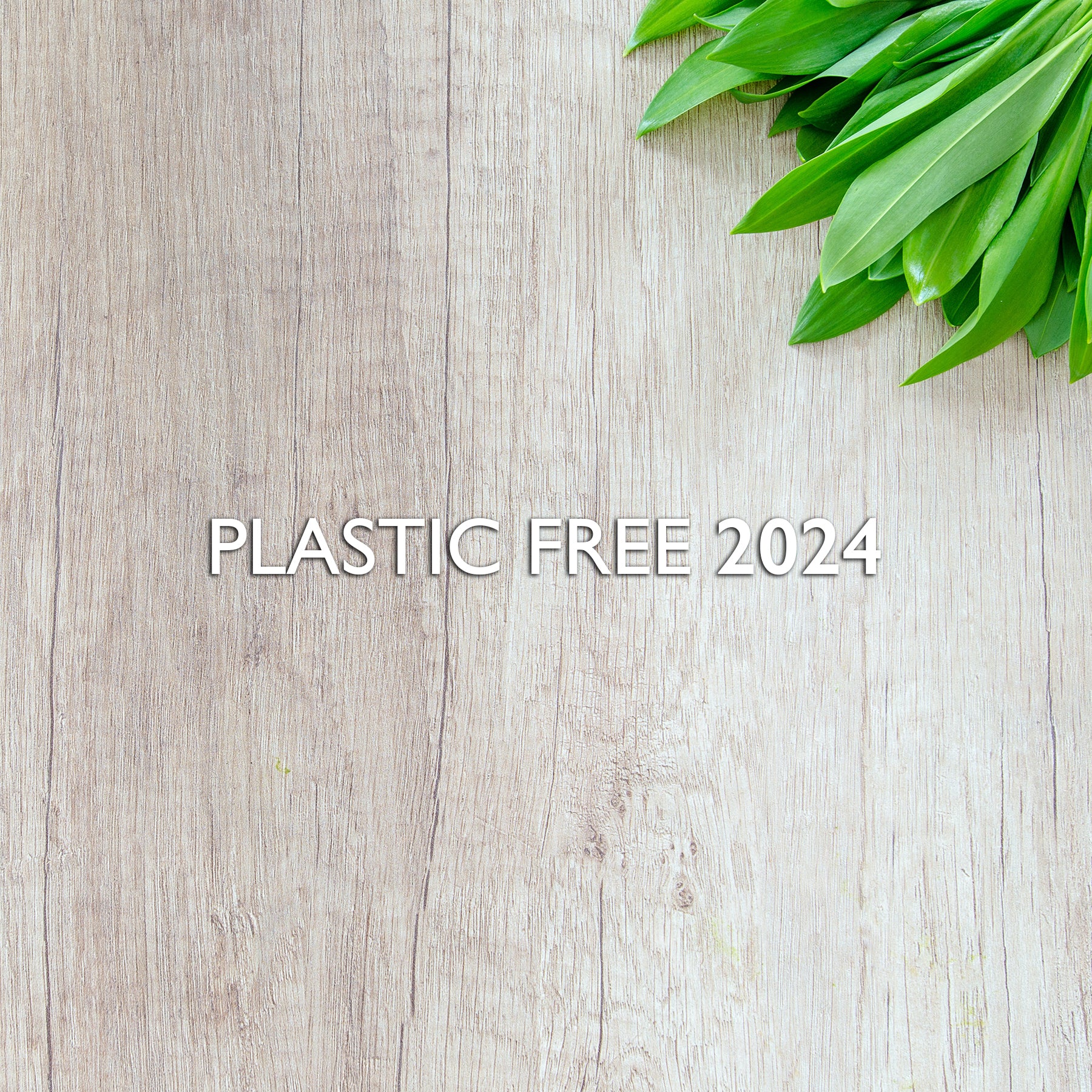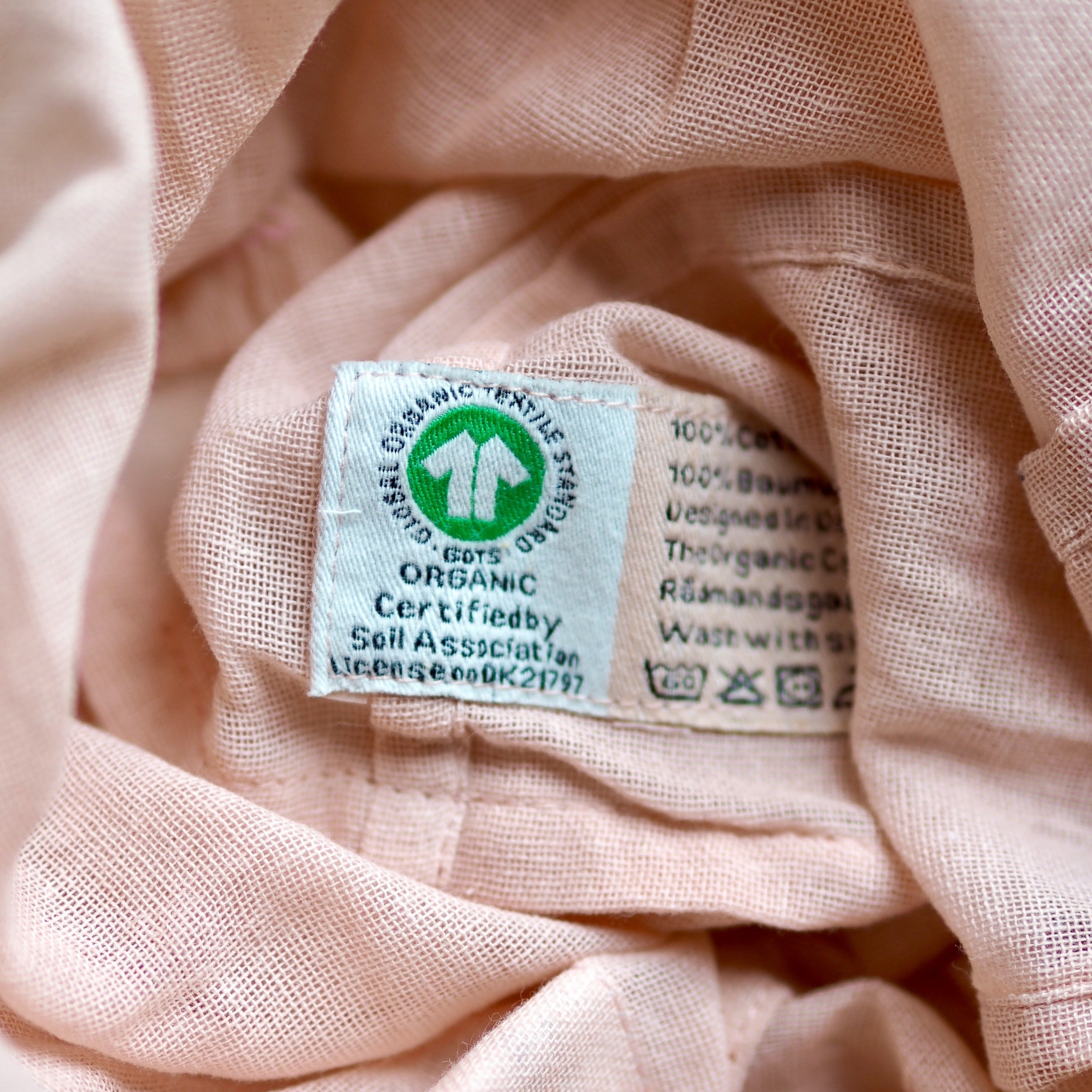Surveying Sustainable Fashion Through Social Media

A Survey on Sustainable Styling: Unveiling Consumer Fashion Habits
At Vino Supraja, we conducted a short survey on social media to take a look at the shopping and fashion behaviours of our followers. The objective of our survey was to discover more about the spending and wearing habits of typical consumers- and how these might relate to fast fashion. Thank you to all who participated, your honest answers help us all to learn, understand and continue our journey towards organic, ethical and sustainable fashion choices. Without further ado, here are the questions we asked and the responses given:
Do you try not to repeat your outfits and buy new clothes for public appearances like attending someone's wedding, parties, etc.?

The survey's first question delved into the trend of not repeating outfits for special occasions. Whilst it is becoming more common to repeat outfits (with celebrities and public figures now being photographed in repeated looks), 55% of respondents admitted to succumbing to the allure of new clothes for special occasions. When we looked at the response from our male and female groups separately, men led the trend with 86% saying ‘yes’, followed closely by 88% of women saying the same. This highlights the societal pressure to present a constantly evolving image, contributing to the cycle of fast fashion consumption.
Do words like ‘on-sale’, ‘buy one get one free’, ‘X% off’, etc., trigger you to make a purchase?
A striking 63% of participants acknowledged that words like ‘on-sale’, ‘buy one get one free’, or ‘X% off’ acted as triggers for impulsive purchases. This trend was consistent across genders, with 88% of men and 90% of women falling prey to these marketing tactics. The prevalence of these triggers emphasises the impact of discounts and promotional offers in tempting us to buy clothes when we may not have otherwise chosen to.
Do you have unworn clothes in your wardrobe with hangtags on them for months?

Nearly half of the respondents (48%) admitted to having unworn clothes in their wardrobe, complete with hangtags. Interestingly, men were less likely to hoard unworn clothes, with only 24% responding ‘yes’, while 52% of women responded with the same. This finding raises questions about the influence of impulse buys and the disposable nature of some fast fashion items.
Where do you shop?
Our survey explored where individuals preferred to shop- online or in store. The results revealed that 73% of respondents favoured in store purchases over online shopping. Men were more inclined towards in store experiences (84%), while women demonstrated a more balanced preference, with 67% opting for in store and 33% for online shopping. Despite the rise of e-commerce, physical retail spaces continue to play a significant role in the fast fashion landscape.
Do you have a set budget for shopping for clothes every month?

A considerable 61% of respondents confessed to not having a set budget for clothing each month. When looking at male and female groups, women though were more likely to have a set budget, with 39% of females saying ‘yes’ to this question versus 33% of men. These results suggest a potential lack of financial mindfulness in the realm of fast fashion, where impulsive buying without budgetary constraints can contribute to excessive consumption. On the other hand, it may indicate that people don’t necessarily have the intention of purchasing clothes on a monthly basis and therefore don’t feel the need to set a budget.
Our survey results provide a snapshot of consumer habits, indicating a delicate balance between the desire for new looks when it comes to styling, susceptibility to marketing strategies, and the growing awareness of sustainable practices. As we navigate the dynamic landscape of fashion, understanding consumer behaviours is crucial for promoting conscious consumption and fostering a shift towards more sustainable, ethical fashion choices. If you liked this post, why not check out our blog on retail therapy, another factor that comes into play with fashion spending.
Additionally, we suggest checking out these links:
https://vinosupraja.com/blogs/news/the-true-cost-of-retail-therapy
We’d love to know what you think about this month’s blog post. Do you relate to our survey respondents? You can get in touch with us any time on social media or by email.
Follow us on Facebook and Instagram to stay up to date with the latest in eco-friendly, organic and ethical fashion from Vino Supraja.



